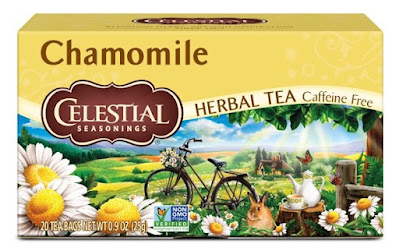Google “blueberries and health” and you will see article after article about the health benefits of blueberries. My sister sent me one titled, 7 Science-Backed Benefits of Blueberries. Growing up I often went blueberry picking with my grandparents. My grandmother then made blueberry muffins, blueberry pie and blueberry sauce. Little did I know that wild blueberries were especially healthy.
What are some of the health benefits of blueberries?
- Heart health: Blueberries help lower your bad LDL cholesterol while increasing your good, HDL cholesterol. Additionally, blueberries help lower your blood pressure. The antioxidants in blueberries help reduce your risk of cardiovascular disease. To read more about blueberries and heart health, go to Heart Health.
- Improve brain function: Studies on older adults have found that eating blueberries everyday can help improve memory. To read more about blueberries and brain health go to Brain Health.
- Digestion: Blueberries help feed those healthy bacteria in your gut as blueberries provide fiber.
- Skin health: Who would think blueberries would be good for
your skin? Why? The antioxidants in blueberries
may help protect your skin from sun damage.
- Diabetes: Blueberries are a way to add some natural sweetness to a smoothie, cereal, plain yogurt and even salads. Studies have found the blueberries can help improve A1C levels. And blueberries won’t raise blood sugar levels as much as other fruits.
- Blueberries are low in calories and full of healthy nutrients. One cup of blueberries adds only 80 calories and fiber, vitamins C and K and minerals including potassium and manganese. And blueberries are essentially fat-free.
What about wild blueberries?
Apparently wild blueberries have higher concentrations of the Anthocyanin antioxidant than blueberries you buy in the store. Prince Edward Island has had wild blueberries for 10,000 years. To survive the harsh winters, these wild blueberries have even more of the healthy antioxidant, Anthocyanin. Apparently, the harsher the winters, the higher the concentration of this antioxidant. When we visited PEI a few years ago, we stopped in the Prince Edward Island Preserve Company and watched them make many kinds of preserves. I brought some home and liked them so much that for years I ordered more preserves from them but then I started to buy preserves locally. My husband has suggested I go back to ordering their delicious blueberry preserves to get a good dose of those healthy Anthocyanins as the preserves are made from wild blueberries. And they offer preserves with no sugar added.
Conclusion: Add some blueberries to your day and add some healthy nutrients and antioxidants to your day. I have relatives that do not like the taste of raw or frozen blueberries but will eat them in blueberry pancakes or in smoothies. I like blueberries but particularly like blueberry preserves. Find a way to add some blueberries to your day for a healthy boost. For even more of a health boost, choose wild blueberries. My dentist says he buys frozen wild blueberries. Smart choice.
Sources: 7 Science-Backed Benefits of Blueberries, Heart , antioxidants , Heart Health , Brain Health , healthy bacteria , A1C levels , blueberries won’t raise blood sugar levels as much as other fruits , nutrients , Prince Edward Island , Preserve Company , Blueberry Turmeric Smoothie Image Sources: nutrition facts , Wild blueberry preserves , blueberries
Blueberry Turmeric Smoothie (adapted)
2 frozen bananas
1 cup frozen blueberries, rinsed
½ cup ice cubes
2 teaspoons minced fresh ginger
½ teaspoon minced fresh turmeric
Instructions: In a blender, puree milk, bananas, blueberries, ice, ginger and turmeric until smooth. Divide between 2 glasses. Sweeten with honey if desired. For more of a nutritional boost, add some chia or ground flax seeds and use frozen wild blueberries.




.jpg)




